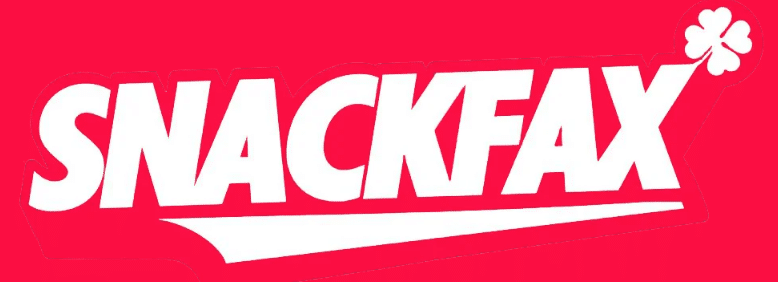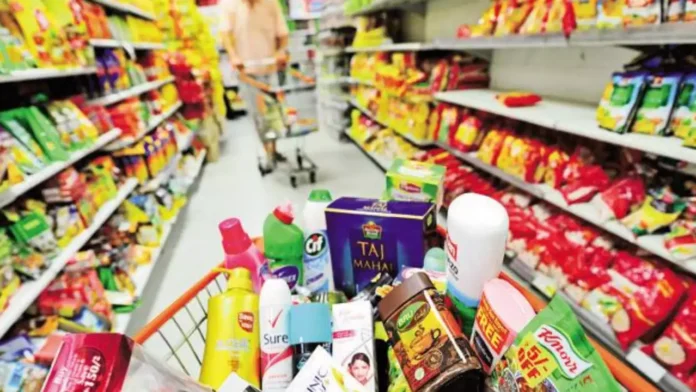During the December quarter, Fast-moving consumer goods (FMCG) firms experienced single-digit volume growth and enhanced margins across various segments. This positive trend was facilitated by a slowdown in commodity inflation, despite the persistent challenges in the operating environment. Some companies observed a decrease in their overall revenue figures, attributing it to passing on the advantages of reduced commodity prices to consumers through price reductions. Consequently, this adjustment had an impact on their gross sales numbers.
HUL, ITC, Marico, Dabur, and Godrej Consumer Products have noted that urban markets sustained a modest growth trajectory, while consumer demand in rural India remained subdued. Despite this, they anticipate an improvement in the upcoming quarters.
Additionally, the delayed onset of winter affected the demand for related products like lotions, oils, and creams.
Hindustan Unilever (HUL) posted a subdued increase in consolidated net profit, amounting to INR 2,508 crore, while its sales experienced a marginal decline to INR 15,259 crore.
“Overall, FMCG demand trends have largely remained stable and similar to what we saw last quarter. While market volumes grew at high single digits year-on-year, this came on a base period where volumes declined in mid-single digit,” said HUL CEO & MD Rohit Jawa in his latest earnings call.
Similar to previous quarters, modern trade channels are thriving and consistently surpassing general trade. Likewise, premium products are exhibiting a notable lead in volume growth compared to mass products in the market.
Echoing the view, Marico said, “General trade continued to drag as it grappled with liquidity and profitability constraints, while alternate channels grew healthily.”
In the third quarter, Marico’s India business recorded a 2% year-on-year growth in volume, while its turnover experienced a 3% decline to INR 1,793 crore.
“During the quarter, demand trends were stable with no visible improvement from the preceding quarter. Rural demand remained soft, while urban demand steadied its moderate growth trajectory,” said the earnings statement from Marico which owns brands like Saffola, Parachute, and Livon, among others.
The report highlighted that within the sector, mass home and personal care categories closely followed the trajectory of rural demand, whereas packaged foods took the lead in the sector due to increased urban salience and growth driven by penetration.
Continue Exploring: Rising competition spurs FMCG firms to strengthen rural distribution networks
ITC, which owns brands such as Aashirvaad, Sunfeast, Fiama etc, said it had a resilient performance in FMCG segment amidst subdued demand conditions. Its revenue in the FMCG business was up 7.6 per cent.
“While certain commodity prices declined on a YoY basis, the cost table remains elevated compared to pre-pandemic levels; commodities such as wheat, maida, sugar etc. witnessed sequential uptick in prices,” it said.
Godrej Consumer Products Ltd (GCPL)’s India sales in the December quarter grew by 9 per cent to INR 2,160 crore, while the volume grew by 12 per cent.
“We continue to deliver steady performance in Q3FY24 despite challenging market conditions. Our quality of profit continues to improve consistently on the back of superior growth in higher margin countries and categories,” said GCPL CEO and Managing Director Sudhir Sitapati.
However, Dabur India said its rural demand grew 200 basis points ahead of urban in the December quarter. Its India business ended the third quarter with a volume growth of 6 per cent.
“Moderating inflation coupled with buoyant consumer sentiments and our focussed investment in distribution footprint expansion in rural India helped demand from the hinterland bounce back for Dabur,” said Dabur India CEO Mohit Malhotra.
The company, which owns brands such as Dabur Chyawanprash, Dabur Honey, Dabur PudinHara and Dabur Amla, reported a 6.2 per cent increase in consolidated net profit at INR 506.44 crore and its revenue from operation went up 7 per cent to INR 3,255.06 crore.
Jyothy Labs which owns brands such as Ujala, Pril, Margo and Exo reported a a 35 per cent increase in its consolidated net profit.
“The input prices have normalised and have helped in sustaining the margins with a higher level of A&P spend to grow market share across our portfolio,” the company said in an earnings statement.
As the general elections are approaching, the makers expect a gradual recovery of demand from rural markets aided by increased government spending, recovery in winter crop sowing and better crop realisation.
Continue Exploring: Indian FMCG sector eyes robust growth in 2024 amidst favorable market conditions
“With macro indicators signalling positivity, continued government spending and more favourable consumer pricing across FMCG categories, we remain optimistic of a gradual uptick in consumption trends over the course of the next 4-5 quarters,” said Marico, adding, “Our consolidated revenue growth is expected to move into the positive territory in the last quarter of the year as the base catches up.”
Rural India contributes around 35 to 38 per cent of the total FMCG sales.


